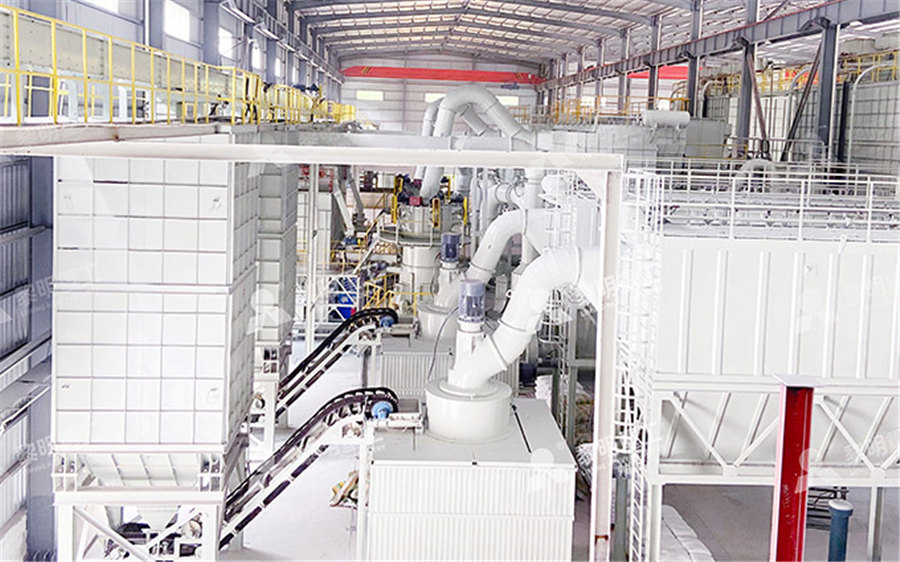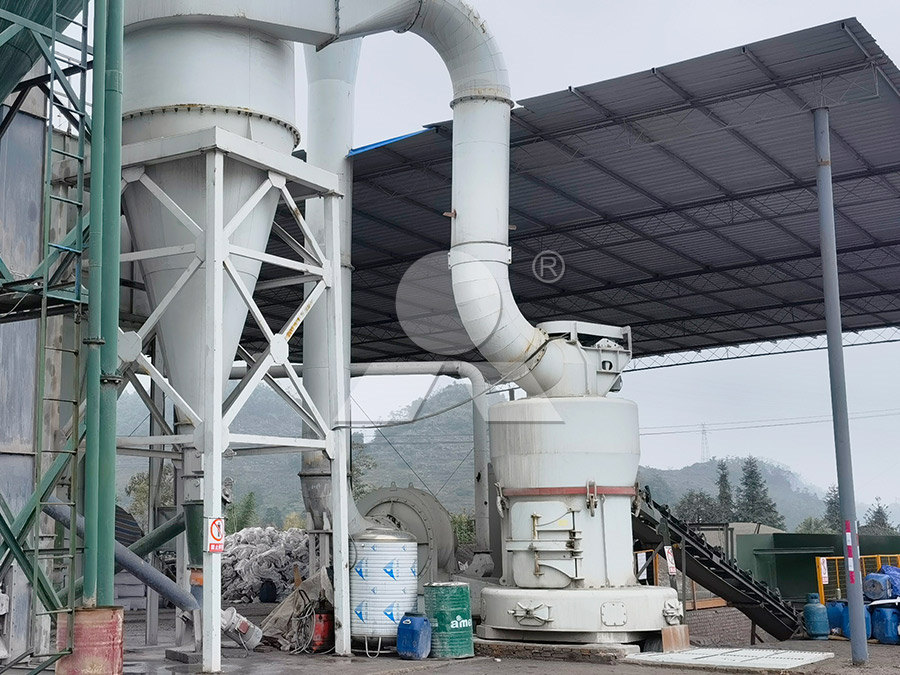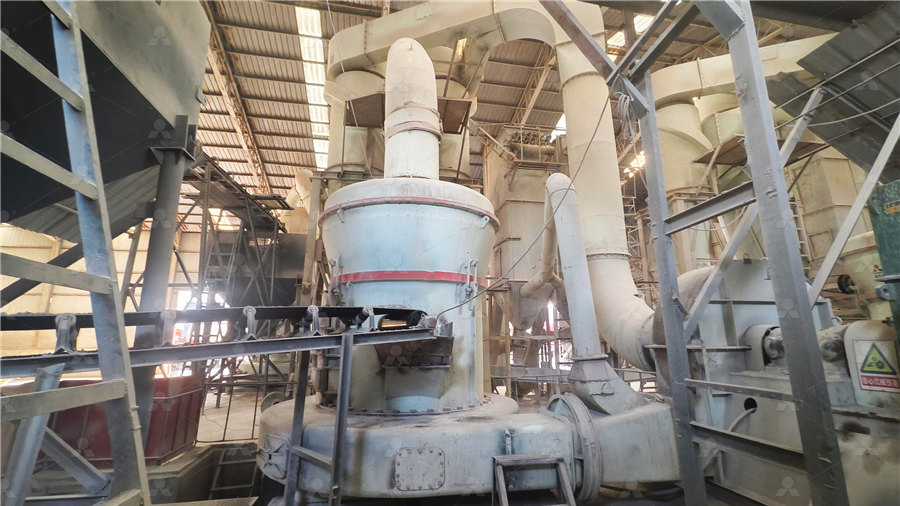
Sand mining in Inner Mongolia
.jpg)
Monitoring and Analysis of the Collapse at Xinjing
2024年3月12日 On 22 February 2023, a largescale, severe collapse occurred in the Xinjing OpenPit Mine in Inner Mongolia, China, leading to the loss of 53 lives and causing direct economic losses amounting to about USD 2838 million Inner Mongolia possesses the largest area of sand ecosystems in China It includes four major deserts—Badain Jaran, Tengger, Ulan Buh, and Kubuqi—and four major sandy Research on Inner Mongolia's Ecological Governance Experience1 天前 Windbreak and sand fixation services (SR) provided by grasslands are a joint result of climate change and human activities Series of grassland protection measurements have been The effects of human activities on windbreak and sand fixation 2024年2月9日 North China's Inner Mongolia Autonomous Region plans to expand the coverage of its efforts to treat desertified and sandy land, said the regional forestry and grassland bureau In 2024, Inner Mongolia plans to plant China's Inner Mongolia to expand coverage of sand

Study On Hydrogeochemical Characteristics of Deeply Buried
2021年5月9日 The results show that the deep buried mining area in Inner MongoliaShaanxi belongs to Mu Us Desert, and the surface is covered by aeolian sand, so it has excellent 2023年1月13日 During the fiveyear period, Inner Mongolia has planted upwards of 37 million mu (247 million hectares) of trees, grown more than 120 million mu of grass, and treated over China's Inner Mongolia reports strong headway in sand control2023年7月14日 North China's Inner Mongolia autonomous region has made substantial progress in sand control over the past 10 years, according to a seminar held on FridayChina's Inner Mongolia reports progress in sand controlThe mine reclamations taking place in North China's Inner Mongolia autonomous region have delivered huge results, returning the oncedamaged mining landscape back to verdant and Mine reclamations change face of Inner Mongolia China Daily
.jpg)
Revolutionising Green and Smart Mining in Inner Mongolia
2024年9月16日 Revolutionising Green and Smart Mining in Inner Mongolia An openpit mine in Inner Mongolia, China, is taking the bull by the horns, setting a new benchmark for green and smart mining by adopting XCMG Machinery’s comprehensive unmanned construction solutions By integrating a fleet of electric autonomous mining trucks—the ZNK95 model—the mine is 2024年12月2日 Environmental risk assessment of heavy metal contaminated soil in a concentrated nonferrous metal mining area in western Inner Mongolia Journal of Inner Mongolia Normal University, 46 (6): 853860 (in Chinese) [34] US Environmental Protection Agency 2011 Exposure Factors Handbook []Spatial distribution and ecological risk of heavy metals and their 2024年11月13日 Description of the study area The study area is located 180 km north of Beijing in Duolun County, Xilin Gol League (City), Eastern Inner Mongolia Autonomous Region (Province), ChinaEffects of different sand fixation plantations on soil properties in 2024年5月17日 In 2024, Inner Mongolia set an ambitious target to control and prevent desertification across 15 million mu Additionally, with the integration of sand control and windsolar hybrid projects that cover 23 million mu, the total sand control task for the region reaches 173 million muInner Mongolia achieves remarkable progress in desertification

Study on Hydrogeochemical Characteristics of Deeply Buried Mining
2022年4月20日 The results show that the deeply buried mining area in Inner MongoliaShaanxi belongs to Mu Us Desert, and the surface is covered by aeolian sand, with excellent precipitation infiltration capacity2018年3月19日 Inner Mongolia, an autonomous region of the People’s Republic of China, has experienced severe soil erosion following a period of rapid economic development and urbanization To investigate how urbanization has influenced the extent of soil erosion in Inner Mongolia, we used urbanization and soil erosion data from 2000 through 2010 to determine An Assessment of the Impact of Urbanization on Soil Erosion in Inner 2021年7月24日 Map of Mongolia under the KöppenGeiger climate classification at a 10km resolution Adopt from Beck et al (2018) and GloH2O (2021) Map showing the present classification (19802016)Sandstorms and desertification in Mongolia, an example of 2024年1月17日 Expanding openpit mining towards larger mining scales and greater stripping depths increases the potential risks of landslides on high and steep slopes, endangering human life and property Therefore, it is of great significance to accurately reveal the main controlling factors and identify the key dynamic parameters to understand the formation mechanism and Formation mechanism and dynamic process of openpit coal mine
.jpg)
Shaanxi Province, China Deeply Buried Mining Area In Inner Mongolia
by good coal quality[5–6] and simple geological conditions[7–8] However, the deepburied mining areas in Inner MongoliaShaanxi are newly developed mining areas, and the occurrence conditions of coal seams, roof stratigraphy structure[9] and spatial distribution characteristics of aquifers[10] are greatly changed2019年1月1日 Wind erosion is one of the major environmental problems in drylands Identifying the dominant natural factors of wind erosion and using targeted treatment measures are the key steps in wind erosion control Using Horqin Left Back Banner in China as a case study, we applied the revised wind erosion equation to simulate the spatial distribution of wind erosion in the Wind Erosion Changes in a SemiArid Sandy Area, Inner Mongolia 2021年12月1日 Influence of management on vegetation restoration in coal waste dump after reclamation in semiarid mining areas: examining ShengLi coalfield in Inner Mongolia, ChinaInfluence of management on vegetation restoration in 2021年12月6日 Mining activities, while promoting social and economic development, alter the environments and ecosystems of mining areas Some of the alterations have negative impacts on the environment, while some have Environmental Impacts Related to Closed Mines in

Ecological degradation in the Inner Mongolia reach of the Yellow
2023年10月1日 The Inner Mongolia reach of the Yellow River Basin (IMYRB) is located at the northernmost of the Yellow River basin (Fig 1) and plays a critical role in socioeconomic development and ecological securityIt is an important energy (Li et al, 2014), agricultural and animal husbandry production base with various natural landscapes such as grasslands, Abstract This paper adopted organic components, environmental isotopes, and organic components to study water quality comprehensively, in order to distinguish the differences of hydrogeochemical characteristics between coal measure strata and aquifers on the roof of deeply buried mining areas in Inner MongoliaShaanxi, China The results show that the deeply buried Study on Hydrogeochemical Characteristics of Deeply Buried Mining 2024年6月7日 We stabilized the boundaries of key deserts, stopping shifting sand dunes from advancing further Over the past 10 years, Inner Mongolia has led the nation in afforestation, grass planting, China Mining News: Inner Mongolia is rich in wind and solar resources, which gives it unique advantages in developing new energy industriesSCIO briefing on prioritizing highquality development in Inner 2021年5月18日 In order to distinguish the differences of hydrogeochemical characteristics between coal measures strata and aquifers on the roof of deep buried mining areas in Inner MongoliaShaanxi, China, this paper adopted inorganic components, environmental isotopes and organic components to study water quality comprehensivelyStudy On Hydrogeochemical Characteristics of Deeply Buried Mining
.jpg)
Spatial–Temporal Analyses of Surface Coal Mining Dominated
2014年5月1日 Surface coal mining and urbanization, as well as cropbased agriculture, have resulted in accelerated degradation and desertification of grasslands in the Holingol region, Inner Mongolia 2022年6月6日 Mining sites are areas where mining and restoration coexist and are constantly changing The vegetation condition can reflect the process of surface mining and restoration, while quantifying the impacts of different mining patterns and surrounding environments on vegetation is the key to balancing mining activities and ecological restoration In this study, Vegetation Disturbance and Recovery Dynamics of Different 2022年1月15日 Inner Mongolia, as a typical dryland region in northern China, has carried out several largescale ecological restoration programs to combat land degradation However, there is a lack of comprehensive assessment of its land degradation situation after ecological programs implementation, which is of great significance to supporting SDG153 in ChinaDynamic aeolian erosion evaluation and ecological service assessment 2021年9月16日 Surface Coal Mining Impacts On Land Use Change And Ecological Service Value: A Case Study In The Shengli Coalfield, Inner Mongolia September 2021 DOI: 1021203/rs3rs/v1(PDF) Surface Coal Mining Impacts On Land Use Change And

(PDF) Driving Factors Influencing Soil Microbial
2023年12月31日 Driving Factors Influencing Soil Microbial Community Succession of Coal Mining Subsidence Areas during Natural Recovery in Inner Mongolia Grasslands December 2023 Microorganisms 12(1):年10月13日 Taking the Urad Houqi mining area in Inner Mongolia as the study area, this study systematically assessed the contamination risk of arsenic and heavy metals in the soils of the study area and Spatial distribution and ecological risk of heavy metals and their 2022年8月31日 Inner Mongolia is an ecologically fragile arid and semiarid area of China The exploitation of opencast mining has seriously hindered the sustainable use of regional land and the residents' well (PDF) Surface coal mining impacts on land use change 2022年7月21日 China has approved a coal mine project worth 31 billion yuan ($458 million) in the country’s Inner Mongolia region, the National Energy Administration (NEA) said on ThursdayChina approves $458m coal project in Inner Mongolia region

Temporal and Spatial Variation of Vegetation in Net Primary
2022年8月31日 Coal mining can cause significant local environmental damage while driving the regional economy of an area The key index of net primary productivity (NPP) measures the amount of energy made available in an ecosystem and serves as a useful metric for understanding vegetation restoration in mining areas This study used a CASA model to 2024年3月14日 To analyze the temporal and spatial evolution trends and the differences in land use in different typical mining areas in Inner Mongolia, as well as the evaluation system and driving mechanisms of Quantifying the spatiotemporal patterns and environmental 2024年2月9日 This year, Inner Mongolia will spare no effort in carrying out the ThreeNorth Shelterbelt Forest Program, a largescale afforestation project It will also further integrate sand control with the installation of wind power and solar energy, as well as step up monitoring the project execution to ensure the planted trees and grass surviveChina's Inner Mongolia to expand coverage of sand control2024年4月24日 Inner Mongolia, located in the “ThreeNorth” region (northwest, north and northeast of China) and bordering Russia and Mongolia, plays a vital role as an ecological functional area [], which serves as a crucial ecological barrier in the BeijingTianjinHebei region, Bohai Economic Rim, and even the whole country []Additionally, it is recognized as a Spatiotemporal Pattern and Drivers of Ecological Quality in Inner Mongolia
.jpg)
(PDF) SNP detection and population structure evaluation of
2021年4月1日 SNP detection and population structure evaluation of Salix gordejevii Y L Chang et Skv in Hunshandake Sandland, Inner Mongolia, China April 2021 Physiology and Molecular Biology of Plants 27(2):192019年12月19日 Vegetation in eastern Inner Mongolia grasslands plays an important role in preventing desertification, but mineral exploration has negative effects on the vegetation of these regions In this study, the changing trend types of vegetation in eastern Inner Mongolia were analyzed using the normalized difference vegetation index (NDVI) time series from the Global TempoSpatial Variation of Vegetation Coverage and Influencing 2024年9月16日 Revolutionising Green and Smart Mining in Inner Mongolia An openpit mine in Inner Mongolia, China, is taking the bull by the horns, setting a new benchmark for green and smart mining by adopting XCMG Machinery’s comprehensive unmanned construction solutions By integrating a fleet of electric autonomous mining trucks—the ZNK95 model—the mine is Revolutionising Green and Smart Mining in Inner Mongolia2024年12月2日 Environmental risk assessment of heavy metal contaminated soil in a concentrated nonferrous metal mining area in western Inner Mongolia Journal of Inner Mongolia Normal University, 46 (6): 853860 (in Chinese) [34] US Environmental Protection Agency 2011 Exposure Factors Handbook []Spatial distribution and ecological risk of heavy metals and their
.jpg)
Effects of different sand fixation plantations on soil properties in
2024年11月13日 Description of the study area The study area is located 180 km north of Beijing in Duolun County, Xilin Gol League (City), Eastern Inner Mongolia Autonomous Region (Province), China2024年5月17日 In 2024, Inner Mongolia set an ambitious target to control and prevent desertification across 15 million mu Additionally, with the integration of sand control and windsolar hybrid projects that cover 23 million mu, the total sand control task for the region reaches 173 million muInner Mongolia achieves remarkable progress in desertification 2022年4月20日 The results show that the deeply buried mining area in Inner MongoliaShaanxi belongs to Mu Us Desert, and the surface is covered by aeolian sand, with excellent precipitation infiltration capacityStudy on Hydrogeochemical Characteristics of Deeply Buried Mining 2018年3月19日 Inner Mongolia, an autonomous region of the People’s Republic of China, has experienced severe soil erosion following a period of rapid economic development and urbanization To investigate how urbanization has influenced the extent of soil erosion in Inner Mongolia, we used urbanization and soil erosion data from 2000 through 2010 to determine An Assessment of the Impact of Urbanization on Soil Erosion in Inner
.jpg)
Sandstorms and desertification in Mongolia, an example of
2021年7月24日 Map of Mongolia under the KöppenGeiger climate classification at a 10km resolution Adopt from Beck et al (2018) and GloH2O (2021) Map showing the present classification (19802016)2024年1月17日 Expanding openpit mining towards larger mining scales and greater stripping depths increases the potential risks of landslides on high and steep slopes, endangering human life and property Therefore, it is of great significance to accurately reveal the main controlling factors and identify the key dynamic parameters to understand the formation mechanism and Formation mechanism and dynamic process of openpit coal mine by good coal quality[5–6] and simple geological conditions[7–8] However, the deepburied mining areas in Inner MongoliaShaanxi are newly developed mining areas, and the occurrence conditions of coal seams, roof stratigraphy structure[9] and spatial distribution characteristics of aquifers[10] are greatly changedShaanxi Province, China Deeply Buried Mining Area In Inner Mongolia 2019年1月1日 Wind erosion is one of the major environmental problems in drylands Identifying the dominant natural factors of wind erosion and using targeted treatment measures are the key steps in wind erosion control Using Horqin Left Back Banner in China as a case study, we applied the revised wind erosion equation to simulate the spatial distribution of wind erosion in the Wind Erosion Changes in a SemiArid Sandy Area, Inner Mongolia













